One of a trio of autumn Xizihao teas, this is one I found to be particularly enjoyable. These leaves are allegedly grown near a Daoist temple in Jinggu. Strap on your Daodejing, and let's find out.

Sanhetang always provide attractive leaves (below): large, unbroken, and well-handled, many are still covered in the fine silver fur of youth. Sweet tobacco scents bode well.

The soup is a deep yellow, filling me with hope that this is going to taste substantial. The body is oily and full; the flavour is a light mushroom with some sweeter straw overtones. There is green youth, and a quiet huigan draws water into the mouth.

Later infusions show a cooling sensation in the mouth. "Light and pleasant" is the order of the day.

The leaves are good quality, being thick and beefy. I find myself constantly looking for sincere, honest, chunky teas in preference to the more ethereal pu'er.
I bought some of this tea, finding it to be the best of the recent Xizihao bunch, with an eye to seeing how it turns out further down the line. Not too great value-for-money (currently $96 at Houde), but a solid performer.

Addendum
March, 2011
This cake means quite a lot to me. I bought it back when Lei and I were living in the university's accommodation for married couples - a flat [apartment] on the top floor of a "functional" building that they only refurbished when we moved out. I remember many days sat in my pokey little office in that flat, writing my DPhil thesis with the scents of the pu'ercha with which I shared the room.
On opening it today, three years later, the big, pretty cake (it really is a rather big disc) appears to have turned brown. As pictured below, it has long, unbroken leaves, with some tips. That familiar old aroma that haunted me in my pokey old office remains - sweet and dark, these days, rather than green and fresh.
Pu'ercha is a fantastic method to combat a hangover. It's so legendary, in fact, that it appears as such in Hongloumeng [Dream of the Red Chamber / Dream of Red Mansions / The Story of the Stone], the Chinese romantic classic.
I keep meaning to re-read my copy of Hongloumeng (Beijing Foreign Language Press is the best translation), but if ever there were an example of the density of Chinese text, this is it: the original is a fairly normal-sized novel, when written in Chinese. My translated copy fills four volumes. (My Penguin Classics translation, which is my second-favourite version, occupies a mighty five volumes.)
"Puzhen" means "innocent, like a child", according to my dear wife, as she passes by, munching on some toast. The chaps at Sanhetang do have an eye for the romantic, with some of the most baroque names for cakes that I've come across. I have a soft spot for them, however, as I get the impression that the head chap there knows his stuff rather well, and has an air of gentle intelligence about him (excepting his ponytail).
The soup turns out to be rather orange these days, rather than fat yellowness of its youth, and I take this as a positive sign. It has a decent, clean body, with hints of tobacco sloshing around in the finish that linger pleasantly in the nose and throat.
Already, it is showing indications of woodiness.
Clean and energetic, I am reminded that Sanhetang goes tea very well indeed. It has a citric note, and a plantation residue in the finish, but the overall impression is very positive. It's gratifying to see that it has aged a little, too.
On checking Houde, I notice two things:
i. This cake is no longer available, and
ii. STOPTHEPRESS Houde has corrected the spelling of "Xizhihao" to "Xizihao". My heart skips a beat, as I observe that the man who started all of the crazy mis-spelling madness across so many other vendors has (finally) dropped that extra 'h'. Kudos, Dr. Lee! It may have taken half a decade, but better late than never!

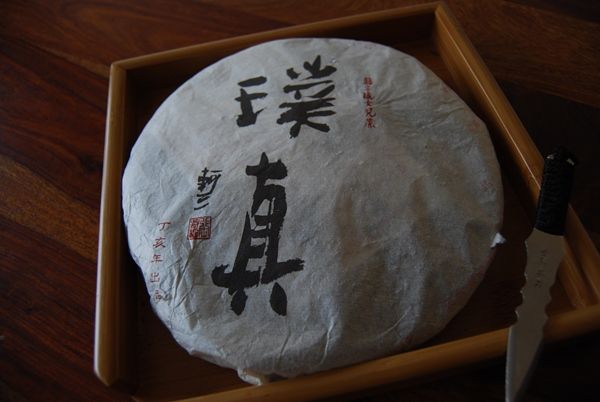
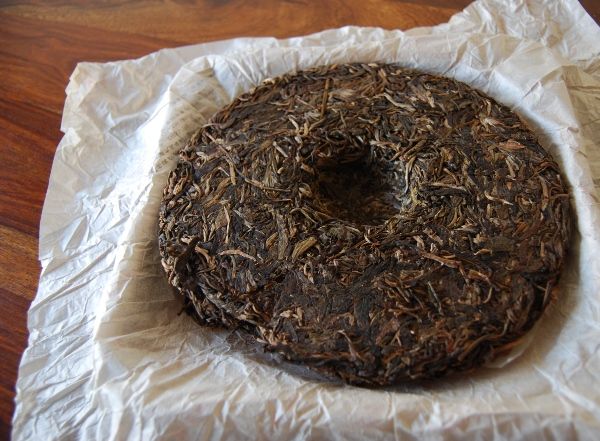
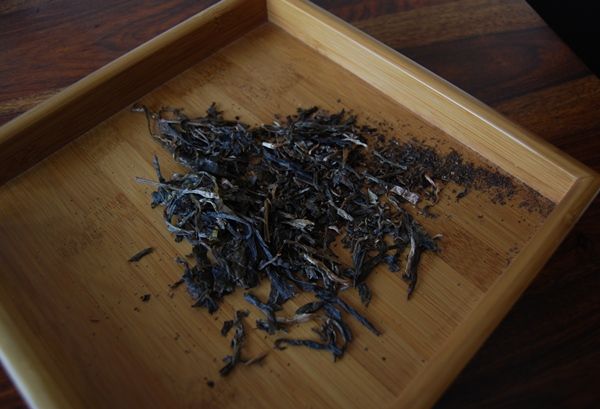
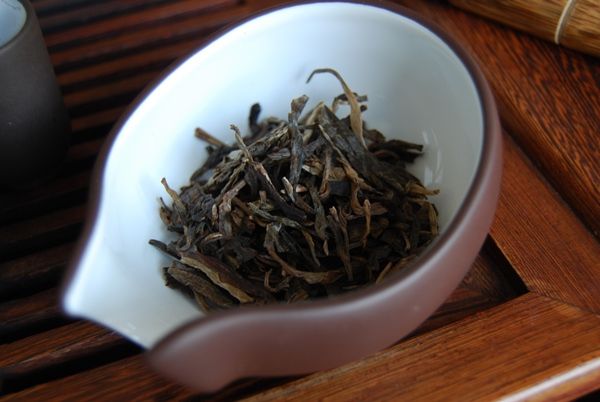
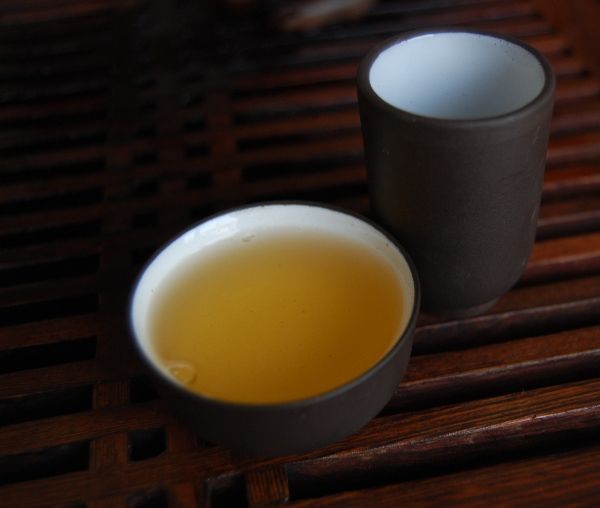
8 comments:
Where, exactly, does one strap on their Daodejing?
Right next to your Lie zi. Not one to display in public.
Don't strap it too low--you might run the risk of your Zhuangzi showing!
I agree, this tea is great. I think it's even worth the $$$ I spent on it.
'E's dropped 'is aitch, 'as 'e? BloyMAY!
"Dream of the Red Chamber" -- so timely you would mention (and explain the origins of) this. I was shopping at a local Asian supermarket today and found this little guy sitting on the shelf: http://www.tienxi.com/site/index.php?option=com_content&view=article&id=65&Itemid=83
I was wondering about the name!
Not so fast: http://houdeblog.com/?p=247
The h has returned.
Jason - some things never change :)
Radishes - I like that tuocha, and have written about it previously. It's a dark, Xiaguan modern-style tea, but good fun. Great for hangovers, appropriately enough.
Toodlepip,
Hobbes
Post a Comment